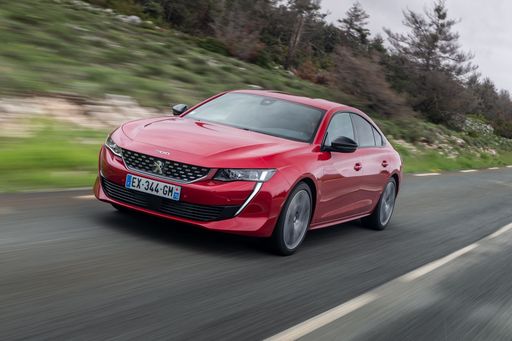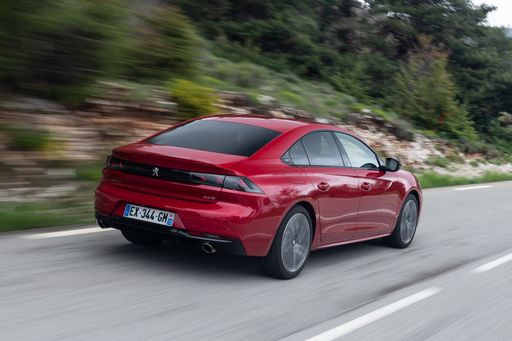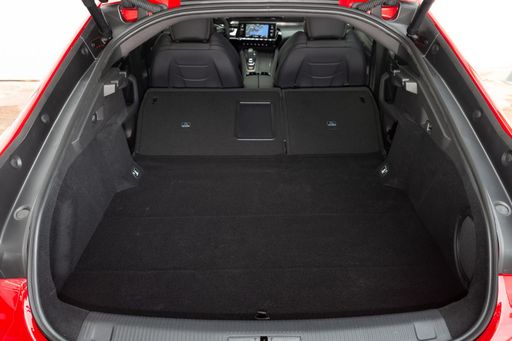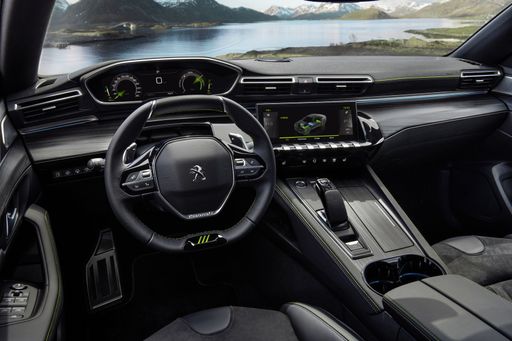A Tale of Two Models: Hyundai Tucson vs. Peugeot 508
In the ever-evolving automotive market, two distinct models, the Hyundai Tucson and the Peugeot 508, are vying for attention in their respective segments. Each offers a blend of performance, technology, and design, catering to different consumer preferences. This comparison highlights the technical aspects and innovations that set these vehicles apart.









